Best yellow headed amazon parrot for sale
Description
Yellow-headed Amazon parrots are stocky parrots with mostly green plumage. The head, throat and thighs are yellow; the hooked beak is gray; the iris is orange and the eye ring is whitish. They have a red patch on their wings and the flight feathers are dark blue. The otherwise green tail is yellow tip. Their feet are zygodactyly – two toes pointing forward and two pointing backward. The positioning of their toes are highly for grasping.
Size: From head to its tail, this parrot reaches a length of 15-27 inches (38-43 cm).
Behavior: These social birds live in large flocks, forming monogamous pairs when they become sexually mature. During the day they forage for food. They us their beak to crack nuts and seeds and also to grasp, explore and climb.
Diet: They eat berries, fruits, nuts, seeds and leafy buds from plants.
Senses: They possess a keen sense of hearing.
Communication: Amazon parrots are especially noisy first thing in the morning and again in the evening when the sun is setting. Calls are described as a rolled “kyaa-aa-aaah and krra-aah-aa-ow”, a deep, rolled ahrrrr or ahrhrrrr, etc. Young birds make a clucking sound. In captivity, they learn how to “talk.”
Reproduction: While breeding, they nest in hollow tree cavities where two to three eggs are laid and incubated for 25-28 days by the female. While the female takes care of the eggs and then the hatched young, the male feeds her through regurgitation. When the young are 8 to 12 weeks old, they leave the nest.
Habitat/range: They inhabit forests, savannahs along the forest edge and wooded areas in Mexico, down through Central America into northwestern South America.
Status: Yellow-headed Amazon parrots are endangered in their natural habitat due to habitat loss and collecting for the pet trade. Listed as Endangered (EN) on IUCN Red List and CITES Appendix l. International trade prohibits wild-caught specimens.

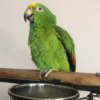
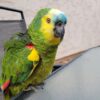
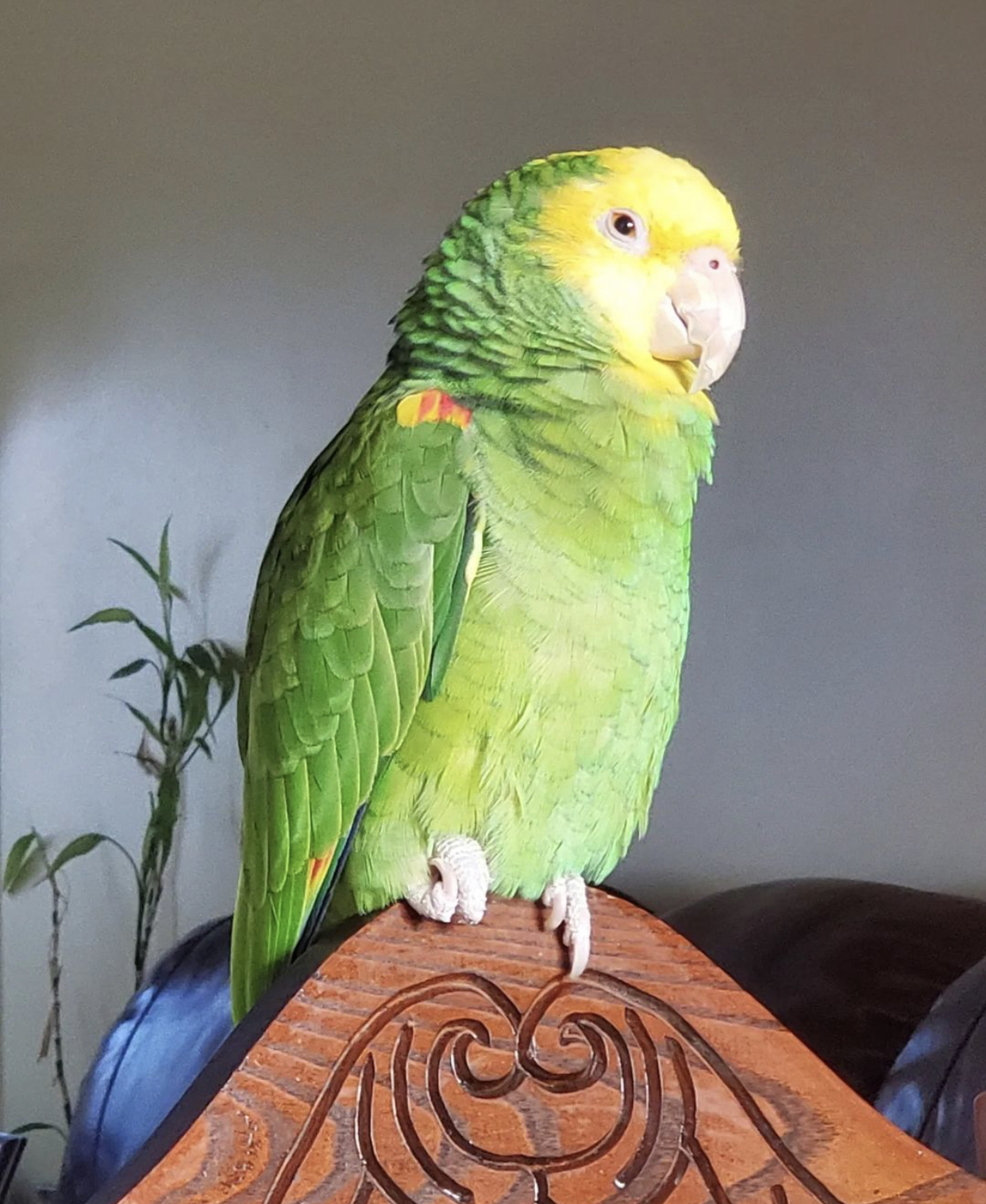
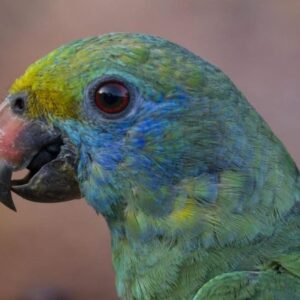
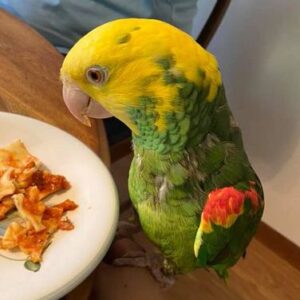
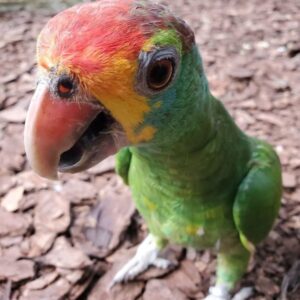
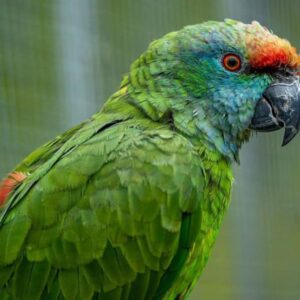
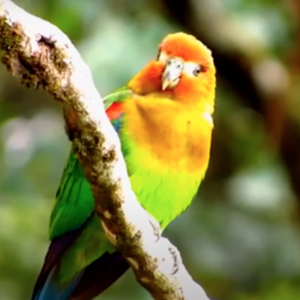
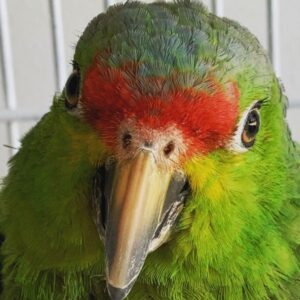
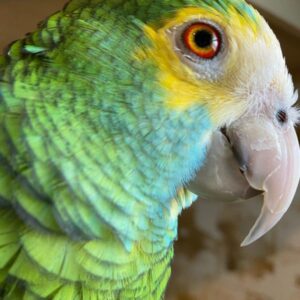
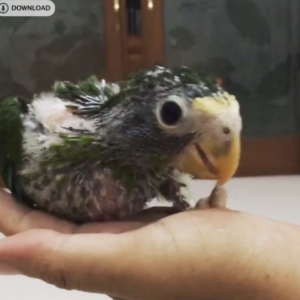

Reviews
There are no reviews yet.